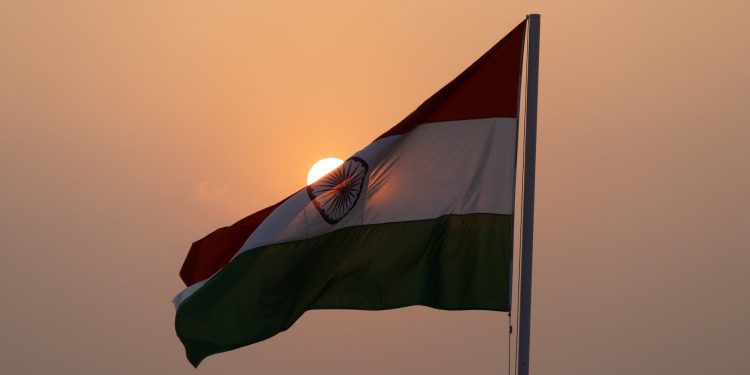The Financial Times has reported that India has ordered Canada to repatriate 41 diplomats by October 10th, injecting fresh complexities into the already taut relationship between the two countries. The contentious decision comes in the aftermath of the murder of Sikh separatist leader Hardeep Singh Nijjar in British Columbia, Canada. With Canadian officials harboring suspicions about the Indian government’s involvement in the incident, both nations find themselves entwined in a diplomatically precarious situation.
Background of the Conflict
The roots of the current tension trace back to the murder of Nijjar, a Canadian citizen who was an ardent advocate for Khalistan – a proposed independent Sikh state. India had labeled him a “terrorist,” accusing him of “hateful speeches” and “seditionary and insurrectionary imputations” in 2020. The suspicion from Canadian authorities that Indian government agents might be involved in his June murder has strained ties, with the Indian government vehemently dismissing the allegations as ludicrous.
The Diplomatic Ultimatum
Amidst the heightened tensions, The Financial Times revealed through sources that India has demanded Canada to reduce its diplomatic footprint in the country by sending 41 of its 62 diplomats back home. A stark warning accompanied the demand, with threats of revoking diplomatic immunity for those who stay beyond the stipulated deadline.
Contextualizing Tensions: Sikh Separatism and Khalistan Movement
Understanding the present conflict requires a delve into the Khalistan movement, which has been a bone of contention between India and segments of the Sikh diaspora. Canada, home to about 770,000 Sikhs – the highest number outside the northern Indian state of Punjab – and 15 Sikh members in Canada’s House of Commons, has been a vocal platform for some Khalistan supporters. This advocacy has long been a thorn in India-Canada relations.
The Impact and Future of Bilateral Relations
With these escalating tensions, a cloud hovers over future India-Canada bilateral relations. The Indian Foreign Minister, Subrahmanyam Jaishankar, has highlighted a concerning “climate of violence” and “atmosphere of intimidation” against Indian diplomats in Canada. As such, the situation points to potential disruptions in collaborative initiatives and dialogue between the two nations.
Global Implications
The diplomatic turbulence between India and Canada not only impacts the bilateral relationship but also casts a shadow on their respective global standing and alliances. Other nations, intertwined in their own geopolitical and strategic interests, will be observing the developments closely, evaluating the stability, reliability, and political dynamics of each country.
As Canada probes into the alleged Indian involvement in Nijjar’s murder, and India staunchly holding its ground against the allegations, the diplomatic friction appears poised to linger. The unfolding scenario accentuates how historical and domestic issues, such as the Khalistan movement, can penetrate and potentially disrupt international relations.

